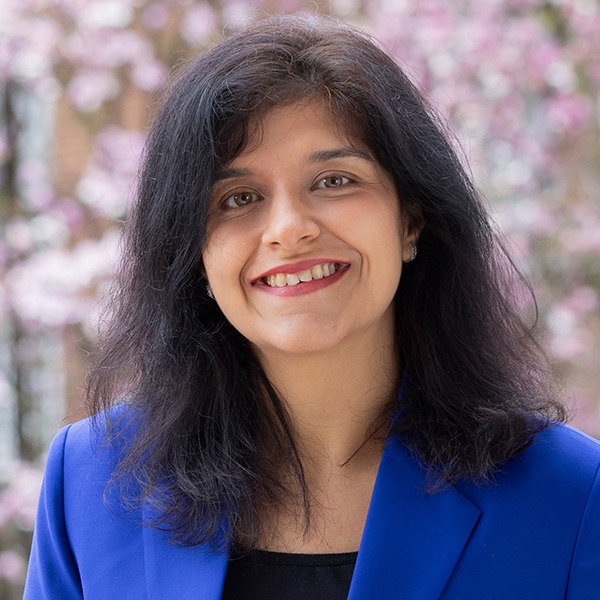
Annie Kathuria
Dr. Annie Kathuria is an Assistant Professor of Biomedical Engineering at Johns Hopkins University, where she leads a pioneering research lab focused on organoid tissue engineering. Her work leverages the regenerative capabilities of pluripotent stem cells to develop highly detailed 3D tissue models, known as organoids, which replicate the complex micro-architecture of actual organs. These models are instrumental in advancing our understanding of neurological and rare disorders, including Autism, Schizophrenia, and Alzheimer’s disease, and they hold promise for targeted treatment development.
Dr. Kathuria’s research interests also include diabetic retinopathy and retinal ganglion cell (RGC) regeneration and replacement therapies. Her lab’s efforts in creating retinal organoids contribute significantly to the study of retinal diseases, providing insights into potential therapeutic strategies for conditions like diabetic retinopathy.
The integration of multi-electrode arrays and high-throughput imaging in her research facilitates high-throughput drug and toxicological screening, broadening the potential applications of her work beyond traditional biomedical research to include collaborations with the pharmaceutical and food industries.
Dr. Annie Kathuria has received several notable awards throughout her career. She was honored with the Anne Klibanski Visiting Scholar Award. Additionally, she received the Samuel Gershon Junior Investigator Award, highlighting her promising work as an early-career investigator. Before joining Johns Hopkins University, Dr. Kathuria served as an Instructor at Harvard Medical School, where she was involved in research and teaching in the field of regenerative medicine and stem cell biology. Her transition to Johns Hopkins marks a continuation of her impactful work in biomedical engineering and regenerative medicine.
